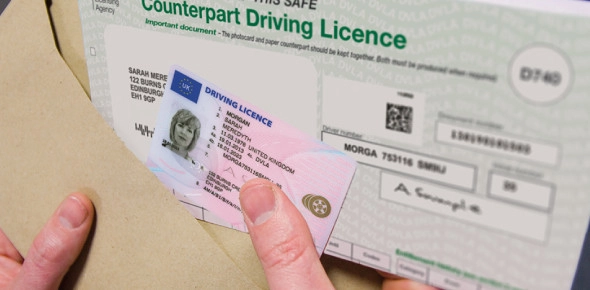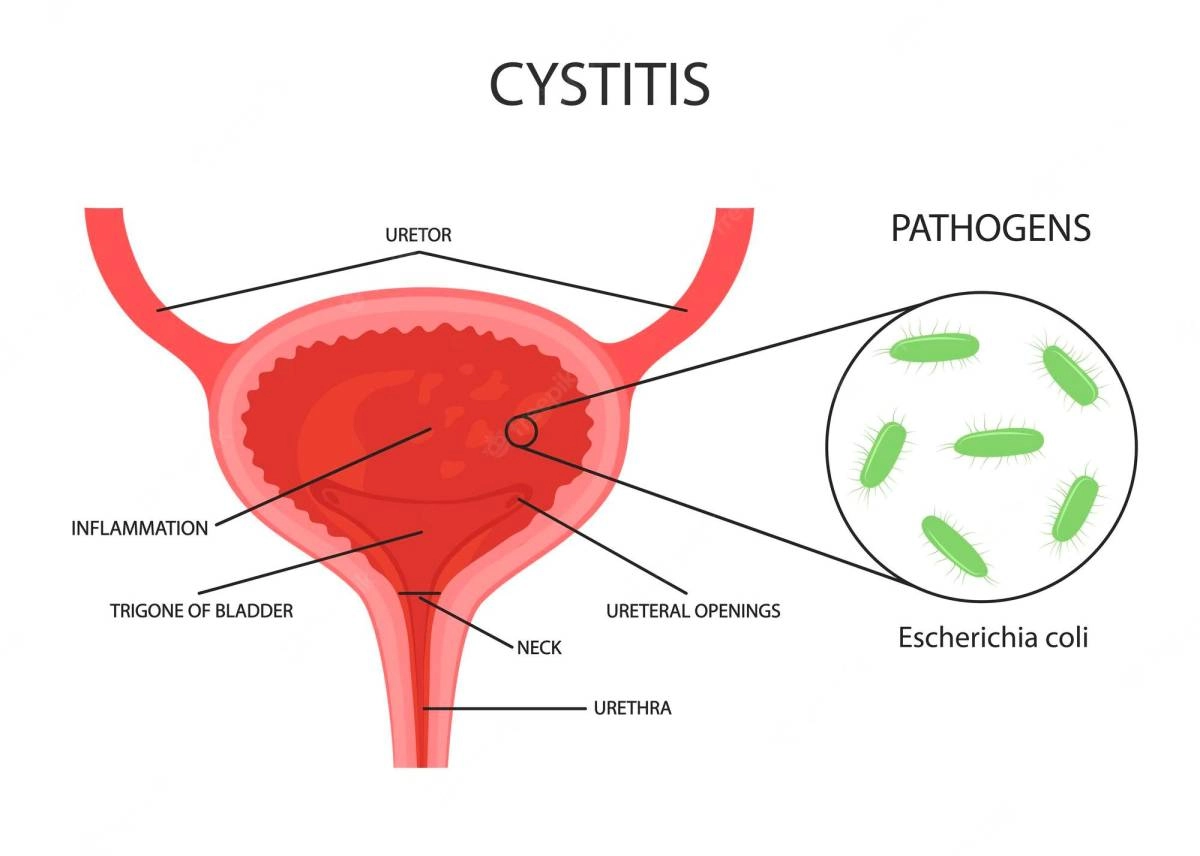
Are everyday sounds getting on your nerves? Discover if your sensitivity is more than just annoyance with our Misophonia Test. Find out if you fall on the misophonia spectrum and explore effective coping strategies to improve your daily life. Take the quiz now to see where you stand!
Questions and Answers
What's inside the Misophonia Test: Find Out if Everyday Sounds Trigger You quiz
Which type of sound triggers the most discomfort for you?
How do you usually react when you hear a sound that irritates you?
What is your typical response when a triggering sound starts?
Which coping mechanism works best for you when hearing a triggering sound?
In which of these settings are you most likely to feel uncomfortable due to sounds?
What do you try to do to calm yourself when you can't avoid a triggering sound?
Which environment tends to bother you the most when it comes to noise?
How do you feel when you hear repetitive tapping or clicking sounds?
Do you find yourself avoiding social situations due to noise sensitivity?
How do you usually respond when a friend or family member makes a repetitive noise?
What is your most effective strategy for dealing with triggering sounds?
How often do you notice sounds that trigger negative reactions in you?
What physical reaction do you typically have when you hear a trigger sound?
What is your preferred technique for managing sound triggers in a public space?
Which of these sounds are you most sensitive to?
What is your immediate reaction when you can't avoid a triggering noise?
Which type of environment typically causes the most discomfort?
Which sound tends to trigger the strongest negative reaction in you?
How do you typically cope with sounds that bother you?
What do you do if you can’t manage a sound that bothers you?
Quiz description
Misophonia is more than just disliking certain sounds; it’s an intense reaction to specific noises, which can range from mild irritation to severe distress. Those affected by misophonia might find it challenging to cope with everyday sounds like chewing, tapping, or breathing noises, which can lead to frustration, anxiety, and even the desire to escape noisy environments.
If you’ve ever wondered if your reaction to these sounds goes beyond the norm, this Misophonia Test could offer insights into your sensitivity. Our quiz is designed to help you gauge your level of response to common misophonia triggers and see where you fall on the spectrum.
How the Misophonia Test Works
The quiz consists of multiple-choice questions that explore how you react to various sounds in different settings. Through a series of scenarios and coping strategies, this test measures your reactions, providing insight into how much, if at all, misophonia may be affecting your life. Whether you’re mildly bothered by background noises or find them significantly disruptive, our quiz categorizes responses based on intensity, giving you a clear idea of your sensitivity level.
Each question has been thoughtfully crafted to cover common experiences and coping methods for those with sound sensitivities, allowing us to present you with one of four result categories:
1. No Signs of Misophonia – High tolerance for sounds that may irritate others.
2. Mild Misophonia – Occasional discomfort with specific sounds, though manageable.
3. Moderate Misophonia – Frequent disturbance from sounds that impact daily interactions.
4. Severe Misophonia – Intense responses that may interfere with social interactions or cause anxiety.
Why Take the Misophonia Test?
Understanding if you’re sensitive to certain sounds can lead to better coping strategies and more comfortable social interactions. Misophonia is often misunderstood, and many people live with it without knowing there’s a name for their experiences. Taking this quiz can be the first step toward managing your responses or even finding new ways to make your environment more tolerable.
Recognizing Misophonia Symptoms
If your response to this quiz leans toward moderate or severe misophonia, it could be a sign to explore further resources or support networks. While some may only experience mild irritation, those with more intense reactions might benefit from techniques to minimize exposure to triggering sounds. Recognizing the signs early can help prevent the frustration and anxiety often associated with misophonia, leading to a more peaceful and balanced life.
Coping with Misophonia
Regardless of your result, knowing your sensitivity level can help you adopt strategies to manage it. Common approaches include wearing noise-canceling headphones, using calming techniques, or avoiding noisy environments. If certain sounds trigger a strong emotional response, you’re not alone—many people find similar noises distressing, and support is available.
Taking the Misophonia Test might just open your eyes to better ways to handle noisy situations and bring a sense of relief in social settings where misophonia symptoms often arise.
Take the Misophonia Test Today!
Curious about your sensitivity to sound? Take our Misophonia Test to learn more about your sound sensitivities and discover where you fall on the misophonia spectrum. Gain insights, find coping strategies, and start managing your sound triggers effectively!











